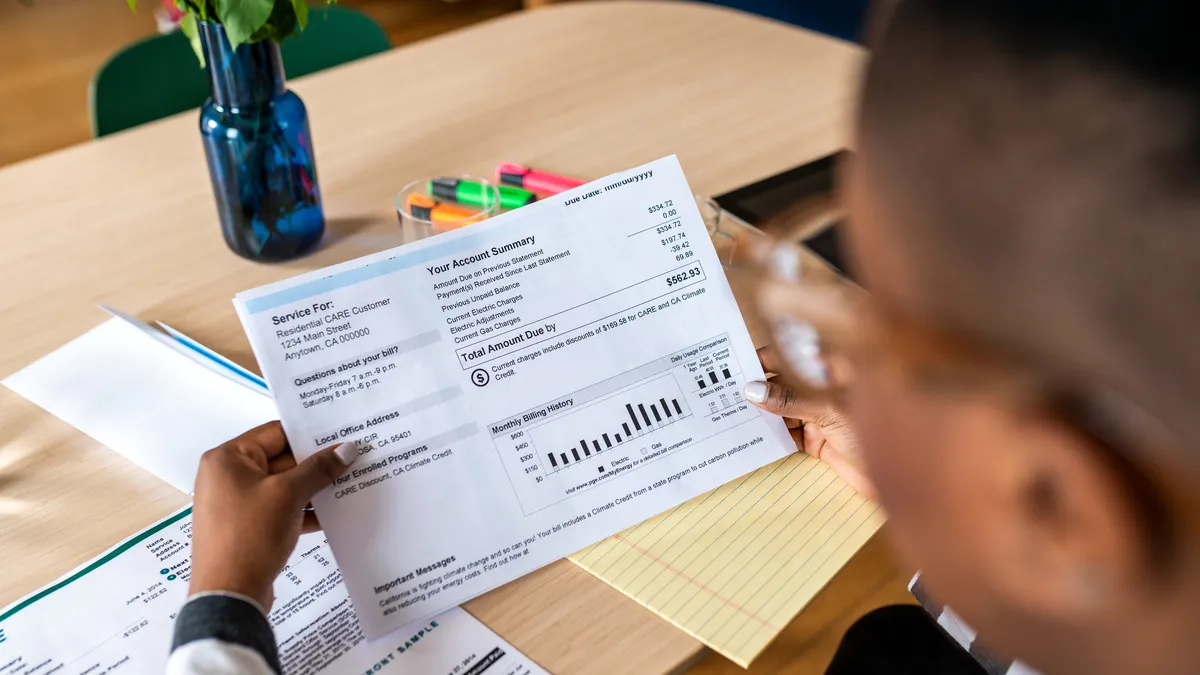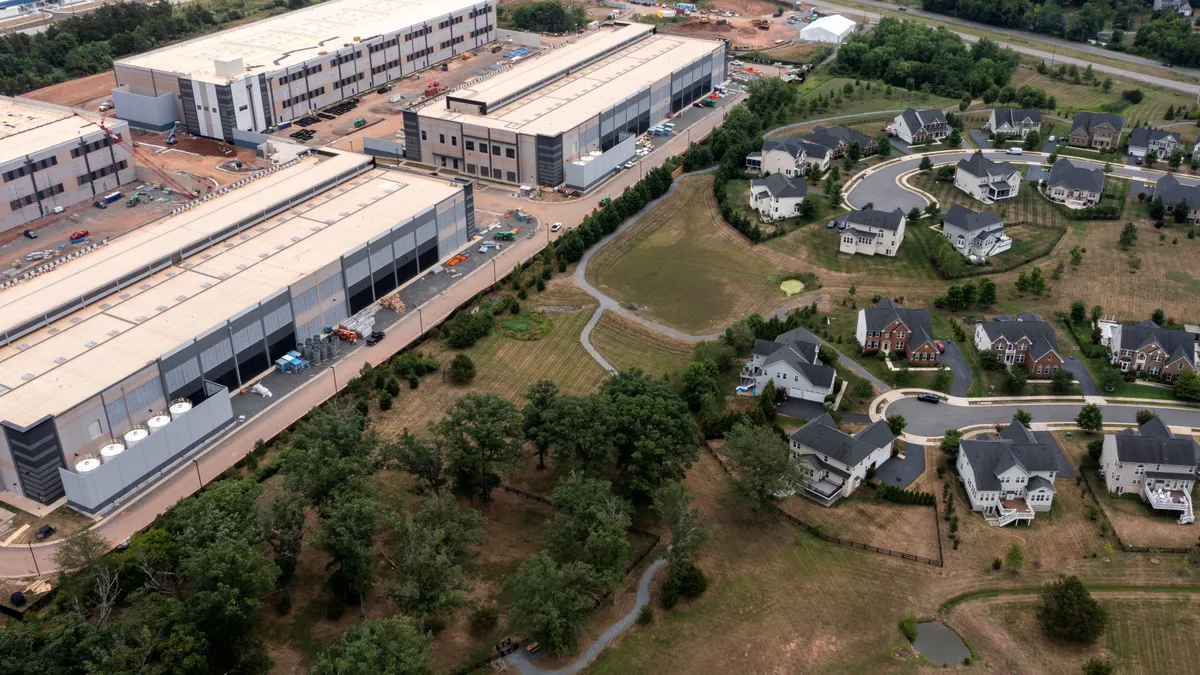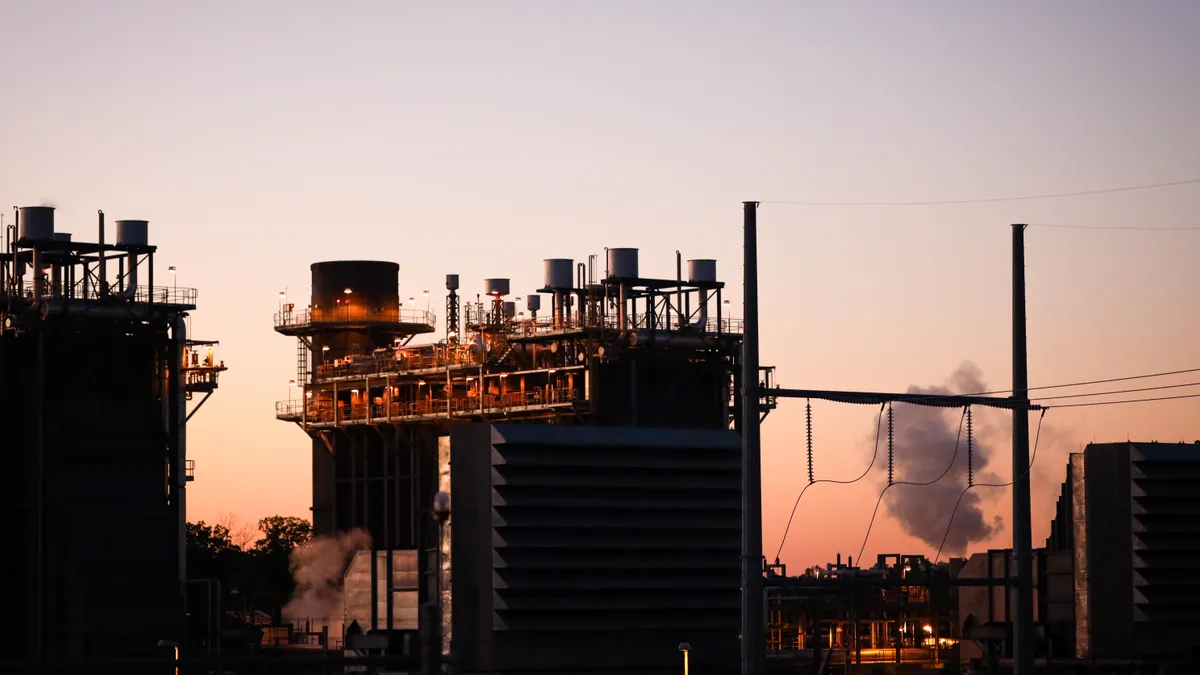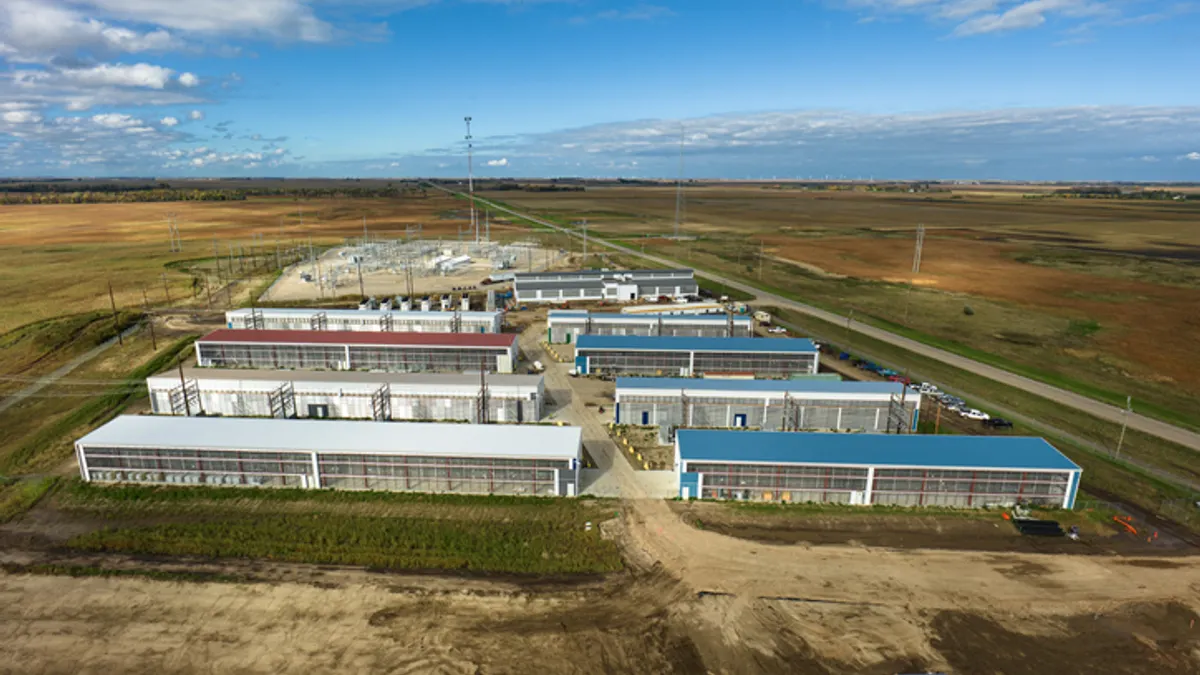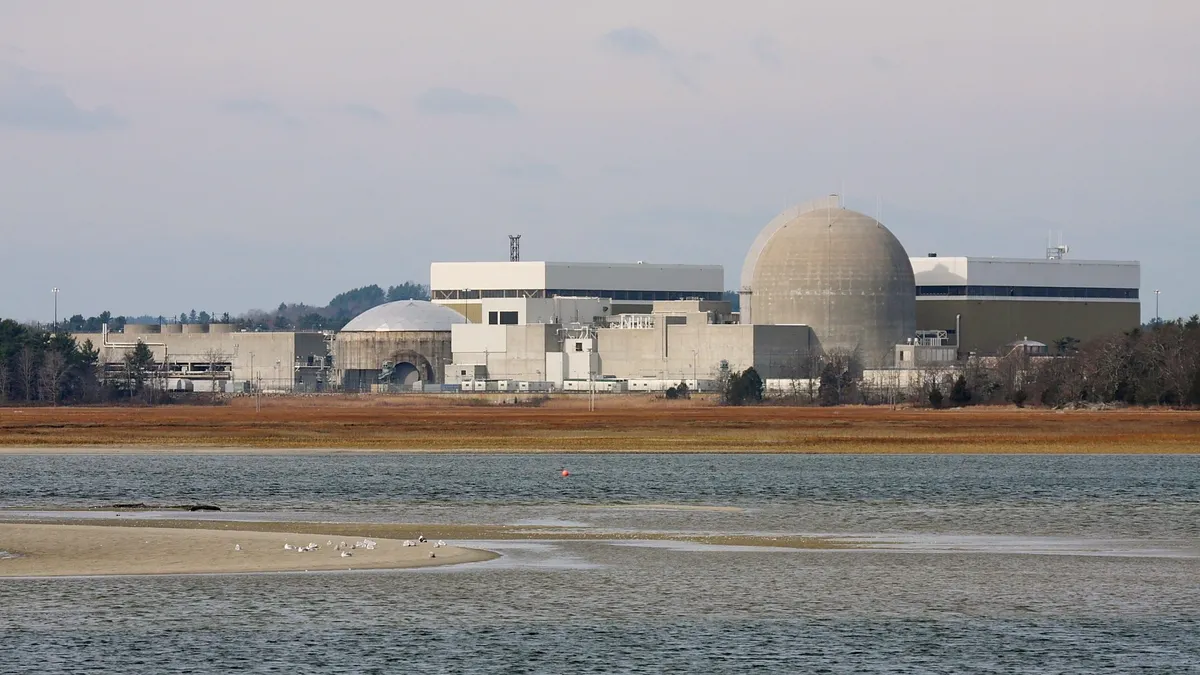Access to wholesale power markets is a pressing issue for energy storage, but the industry may have to wait to receive greater clarity on relevant federal rules.
The Federal Energy Regulatory Commission issued a Notice of Proposed Rulemaking (NOPR) for energy storage and distributed energy resources (DER) (RM16-23-000) last November that has attracted more than 100 comments, including recent letters by members of Congress urging FERC to move the NOPR to completion “as quickly as possible.”
In response, acting FERC Chairman Neil Chatterjee said the commission supports “resource neutral, non-discriminatory policies” for all forms of energy resources, including storage. Chatterjee also said he is “personally committed to addressing the issues raised in the NOPR with my colleagues and moving forward with this rulemaking.”
No deadline or timetable
Whether that happens remains to be seen. The NOPR has no deadline or timetable, and FERC has a lot on its plate. FERC’s backlog of cases piled up for months until a quorum was restored in August. The backlog includes pending approvals of several natural gas pipelines that enjoy strong policy support from the Trump administration. Perhaps the most pressing issue before FERC, however, is the grid resilience NOPR. In September, the Energy Department directed FERC to open a rulemaking on cost recovery for baseload generation resources to compensate them for the reliability and resiliency they provide to the grid.
“We do not expect FERC to finalize its energy storage and DER rule this year,” Timothy Fox, vice president at Clearview Energy Partners, told Utility Dive.
If FERC moves through its backlog of cases and complies with DOE’s requested timeline for the resilience NOPR, “We think the storage and DER rulemaking may sit on the commission’s backburner until at least next spring,” Fox said.
FERC is facing a Dec. 11 deadline to take action on the DOE NOPR.
A DOE NOPR boost?
There is another school of thought, though, that says the issues raised in the storage/DER NOPR impinge upon the grid resilience NOPR enough to move the former up in priority. The congressional letters lend support to that argument. Letters urging action on the storage/DER NOPR were filed by senators Sheldon Whitehouse (D-RI), Elizabeth Warren (D-MA), Corey Booker (D-NJ), Bernard Sanders, (I-VT), Edward Markey (D-MA) and Ron Wyden (D-OR).
Efforts to restore the grids in Puerto Rico and the U.S. Virgin Islands following the hurricanes earlier this year underscore the potential for storage to support grid resiliency. In addition, several comments received in response to the storage/DER NOPR ask FERC to consider storage in its grid resilience NOPR, but Fox says he is “skeptical that FERC will do so.”
If FERC does move forward with the storage/DER NOPR, it will have a lot to consider. Many of the comments support the NOPR’s overarching goal of coming up with clearer rules for integrating energy storage and DERs into wholesale markets on a non-discriminatory basis, but some comments question the authority FERC appears to assume in the NOPR.
In its comments, Xcel Energy said that while it generally supports the commission’s aims in the NOPR, the “proposal to require RTOs/ISOs to allow aggregations of DERs to participate in wholesale markets exceeds the Commission’s authority and improperly intrudes on matters reserved to the states.”
The Edison Electric Institute, a trade group representing U.s. investor-owned utilities, argued in its comments that granting DERs access to wholesale markets blurs the “bright line” between FERC jurisdiction (wholesale markets and transmission) and state jurisdiction (retail sales and distribution). EEI said the storage/DER NOPR fails to address some of the fundamental questions regarding jurisdiction, such as whether FERC can force states to allow DERs to connect directly to the wholesale market and whether, in doing so, states would lose jurisdiction over those assets.
Splitting the difference
The fact that the NOPR combines energy storage and DERs makes for a more complicated proceeding and raises the question of whether the two issues should be treated separately.
In filed comments, Exelon said that while “the time is ripe” for FERC to take up the matter of integrating storage into ISOs and RTOs, it is concerned the NOPR joins together technologies that are “in fact distinct resources” at different stages of development and with different jurisdictional concerns.
“It is possible that FERC could table the broader DER issues for later,” and focus more closely on the energy storage issues, possibly in an inquiry or administrative proceeding, Cory Lankford, an associate at Orrick, told Utility Dive.
The DER issues are only likely to become more pressing, especially in jurisdictions such as California, which is adapting its policies to accommodate high levels of renewable resources. Lankford said his firm counsels many renewable energy developers, and no developer bidding into the California ISO is putting in a bid that does not pair a generation source with energy storage. In addition, with the growth of community aggregation in the state, the need to clarify the line between retail and wholesale jurisdictions will only become more urgent.
Most ISOs supportive
In general, most of the ISOs in their comments were supportive of FERC’s aims in the NOPR.
“Storage resources should be able to participate as both wholesale sellers of services and wholesale buyers of energy,” The PJM Interconnection said.
The sharpest pushback came from ISO-New England, which raised concerns that storage could disrupt its market. The ISO urged FERC to “not be overly prescriptive about the specific mechanisms and rule changes required to better accommodate electric storage and distributed energy resources in the wholesale markets or about the timeline to implement those changes.” FERC should “avoid imposing ‘one-size-fits-all’ requirements,” the ISO said.
A positive ruling
With respect to the narrow issue of integrating energy storage into ISOs, developers of storage projects can derive some hope from a recent FERC ruling.
In a February order (EL17-8-000), FERC sided with Indianapolis Power & Light, which had filed a fast track complaint asking the commission to find that the Midcontinent ISO’s rules for energy storage are deficient and should be revised.
FERC denied IPL’s request to find MISO’s protocols and frequency response rules unjust and unreasonable, but did find that MISO’s tariff was “unduly discriminatory” because it “unnecessarily restricts competition by preventing electric storage resources from providing all the services that they are technically capable of providing.”
To an extent, that finding “bound FERC’s hands,” Lankford said. FERC can’t ask one ISO to do something without binding the other ISOs.






